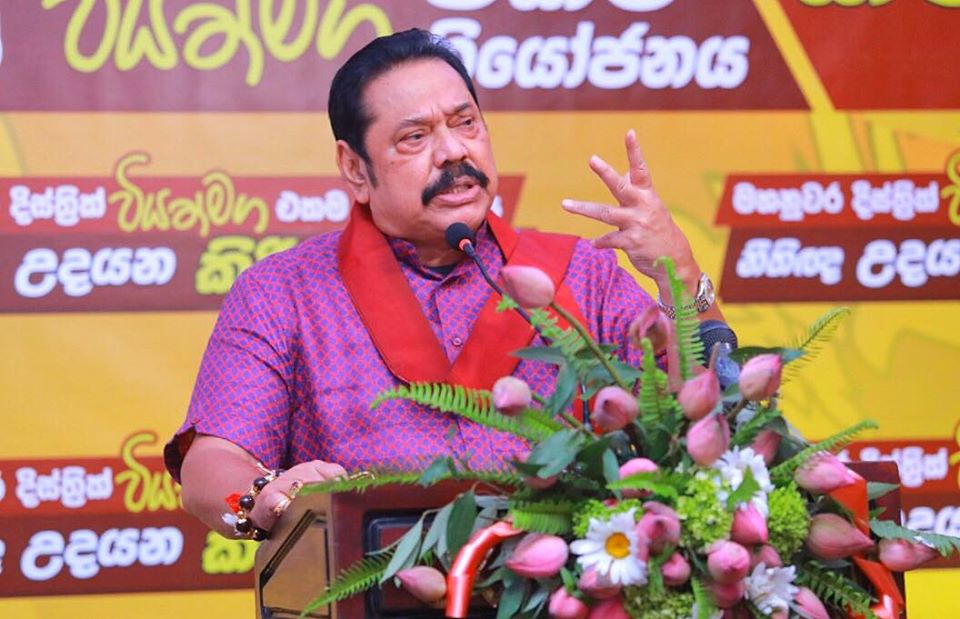
Speaking in Kandy, Sri Lankan President and leader of the SLPP, Mahinda Rajapaksa, attacked the 19th amendment of the constitution claiming it violated the rights of people and was introduced with the aim of “taking revenge from the Rajapaksas”.
The 19th Amendment
The 19th amendment was passed on 28 April 2015 with 215 out of 225 members voting in favour of the amendment. The amendment sought to weaken the power of the presidency which the 18th amendment, passed in September 2010, had greatly expanded.
The 18th amendment was a controversial bill that leads political commentators such as Gulbin Sultana from India’s Institute for Defence Studies and Analyses to decry the decision as a move towards “nepotism and dictatorship which will certainly have disastrous consequences”.
Sultana notes that the 18th amendment allowed four basic changes:
- The President can seek re-election any number of times;
- The ten-member Constitutional Council has been replaced with a five-member Parliamentary Council;
- Independent commissions are brought under the authority of the President; and,
- It enables the President to attend Parliament once in three months and entitles him to all the privileges, immunities, and powers of a Member of Parliament other than the entitlement to vote.
The 19th amendment counterbalanced many of these decisions and restored components of the 17th amendment. Most notably, the 19th amendment caps the presidency at two terms and disallows dissolution of Parliament by the President before four-and-a-half years of its term.
The 2018 Coup
In 2018 a great deal of concern over the 19th amendment arose as then President, Maithripala Sirisena, appointed Mahinda Rajapaksa as Prime Minister before dismissing Ranil Wickremesinghe as Prime Minister.
After learning that Rajapaksa was appointed Prime Minister, Wickremasinghe refused to resign and vigorously opposed the move. His party, the UNP, accused Sirisena of robbing the “people of their rights and democracy” and maintained that they violated the 19th amendment which Sirisena had co-sponsored.
The majority of Sri Lanka’s parliament and oppositional parties refused to acknowledge the appointment of Rajapaksa, describing the move as unconstitutional.
Read Mahinda Rajapaksa’s Facebook Post here.
We need your support
Sri Lanka is one of the most dangerous places in the world to be a journalist. Tamil journalists are particularly at threat, with at least 41 media workers known to have been killed by the Sri Lankan state or its paramilitaries during and after the armed conflict.
Despite the risks, our team on the ground remain committed to providing detailed and accurate reporting of developments in the Tamil homeland, across the island and around the world, as well as providing expert analysis and insight from the Tamil point of view
We need your support in keeping our journalism going. Support our work today.
For more ways to donate visit https://donate.tamilguardian.com.

